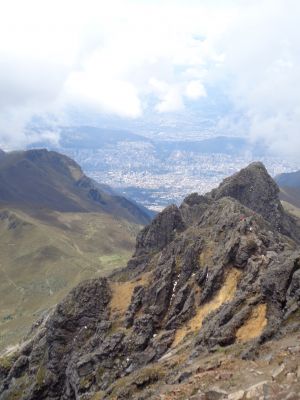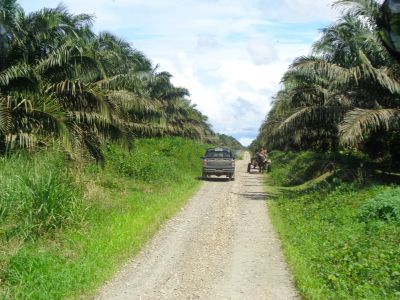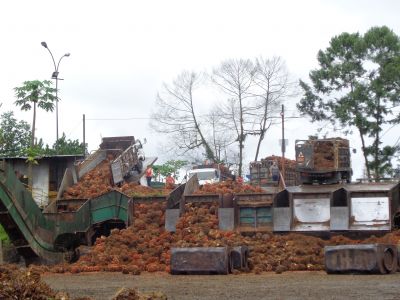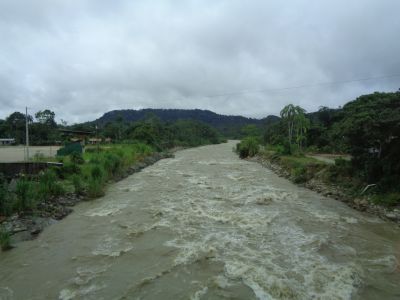My week spent with the Ecological Economics in Ecuador May Term class brought back a familiar sensation that I often felt during my 4.5 years living in Ecuador: the richness of engaging in a learning process amidst stunning contrast.
Geographically, we were privileged to feel the soaring altitude of the rugged Andes mountains followed by a winding journey that descended into the thick vegetation, humid heat and rushing rivers of the Amazon rainforest.
Economically, we grappled with the complexities of the African palm industries’ enormous footprint on the richly bio-diverse Amazon rainforest in order to produce the cooking oil, soap and detergents that each of us consume on a daily basis. We also explored the benefits and challenges of Kallari, a cooperative created and run by over 800 indigenous Kichwa families who grow organic cacao and produce world-class chocolate while emphasizing sustainability and fair wages for farmers.
Socially, we contemplated and questioned our own definitions of “rich” and “poor”, creating a more holistic concept of quality of life in contrast to the typical money-centric ideal that dominates our capitalist, consumerist society.
Culturally, we were challenged to expand our Western-oriented ideas of medicine and healing as we watched a Kichwa healer perform a cleansing ritual on one of our students using herbs, fire, alcohol and palo santo in order to expel bad energies.
Gastronomically, we savored the richness of homemade raw cream with strawberries, sweet tropical fruit juices, the freshness of recently harvested yuca and plantains and the warm piles of rice that abound on the Ecuadorian plate.
Contrast stretches us, opens our mind and allows us to see the world with new eyes.








